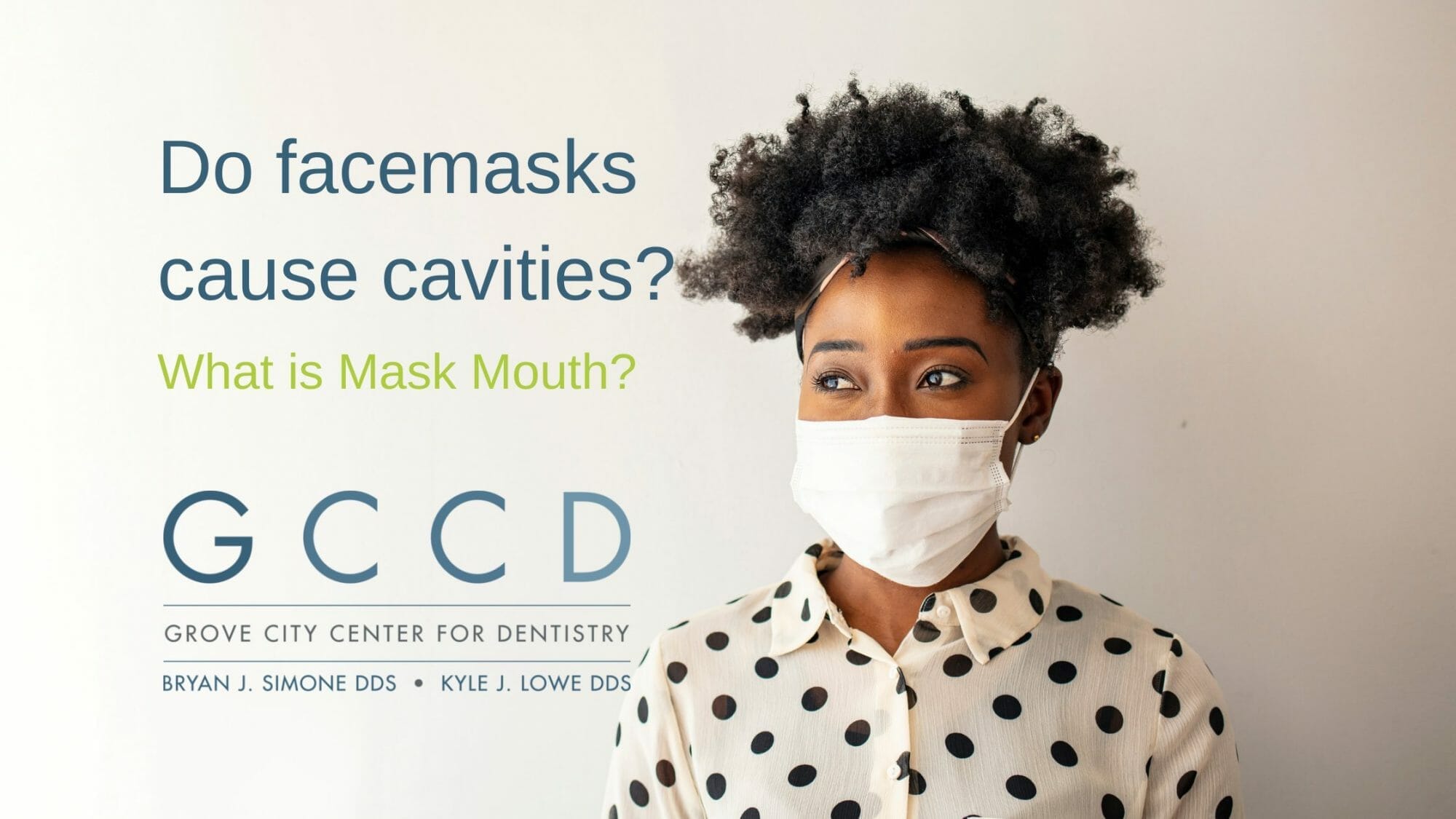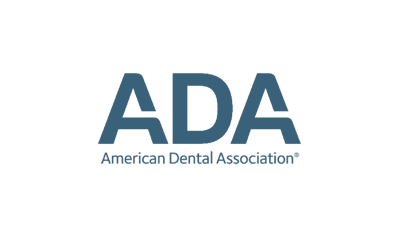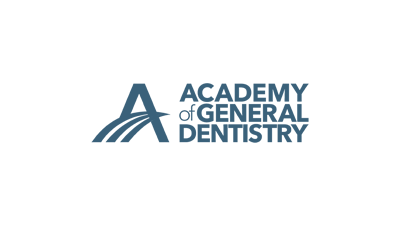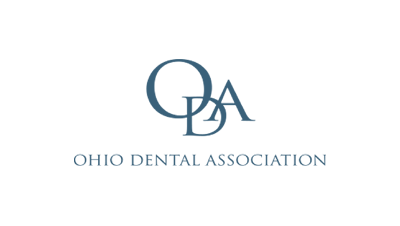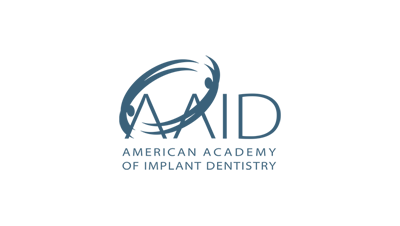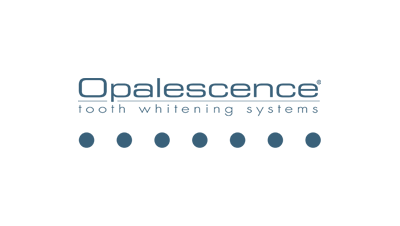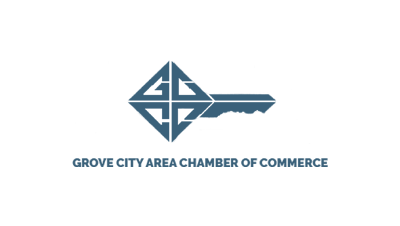Now that dental masks are coming off due to updated guidelines from the CDC and State of Ohio, it’s time to think about how your dental health and smile have changed over the past year.
Two questions we keep hearing at our office are, “does wearing a face mask cause cavities?” and “what is mask mouth?”.
The Impact of Wearing Face Masks on Your Dental Health
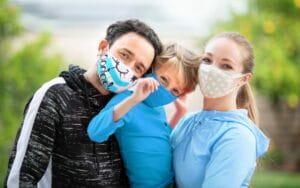 First, wearing a mask has proven to prevent the spread of COVID-19 and other diseases and viruses. At The Grove City Center for Dentistry, Dr. Bryan Simone and Dr. Kyle Lowe advocate for wearing masks to keep us safe and healthy. However, they also are seeing some side effects from wearing masks that have impacted patients’ overall oral health and hygiene.
First, wearing a mask has proven to prevent the spread of COVID-19 and other diseases and viruses. At The Grove City Center for Dentistry, Dr. Bryan Simone and Dr. Kyle Lowe advocate for wearing masks to keep us safe and healthy. However, they also are seeing some side effects from wearing masks that have impacted patients’ overall oral health and hygiene.
Nationwide, dentists are reporting a trend of increased dental issues due to the use of masks. Patients who have regularly had healthy teeth and gums are now visiting the dentist with increased decay and plaque.
What is Mask Mouth?
Mask Mouth is described as all of the oral health issues or effects caused by wearing a mask for a prolonged period of time. Issues or symptoms of Mask Mouth may include:
- Dry mouth
- Chapped lips
- Bad breath
- Tooth decay and increased plaque
- Inflamed or bleeding gums
- Gum disease
What causes Mask Mouth?
Mask mouth is caused by wearing your mask for long periods of time, breathing through your mouth instead of your nose, and mouth dryness. Below is an explanation of each of these causes.
- Change in breathing patterns
Wearing a mask impacts how you breathe. We take shorter, more shallow breaths and are more likely to breathe from our mouths rather than our noses when wearing a mask. As we do this, over time, the change in airflow causes our mouths to get dry due to the reduction of saliva.
- Dry mouth
Wearing a mask for long periods of time causes a decrease in the flow of saliva in our mouth. Saliva serves as a protective layer filled with antimicrobial components that help deter bacteria or viruses from entering our bodies. When our saliva flow decreases, the protective layer or barrier is thinner and breaks down, thus allowing bacteria to grow. Dry mouth is also referred to as Xerostomia. As the bacteria and decay build-up, our gums may become inflamed or bleed, our mouth feels dry, lips become chapped and our breath starts to smell stinky. Because your saliva plays an important role in keeping your bacteria and viruses out, dry mouth impacts your mouth and entire body.
- The air we breathe
When we wear a mask, we are breathing in and out the same air, which increases the amount of carbon dioxide we intake. According to Colgate, the amount of carbon dioxide does not necessarily hurt us. The change in your microbiome’s acidity can increase the likelihood of gum disease.
How to Prevent Dry Mouth or Dental Decay Due to Wearing a Mask
Wearing a mask may eventually become an everyday norm as we continue to navigate COVID-19 variants and other infectious diseases. That’s why it’s important to understand how to protect your teeth, gums, and body from the negative effects of wearing a mask.
- Wear a clean mask each time if possible.
- Drink lots of water and stay hydrated
- Continue brushing your teeth and flossing at least twice a day.
- Take your mask off when you can, such as in your car or your home.
- Continue to visit the dentist twice a year for regular dental cleaning exams.
- Contact your dentist if you experience any changes to your mouth, teeth or gums.
Wearing a mask helps keep us safe and healthy, so remember to wear a mask when necessary. Contact us with questions about how masks impact your dental health or about Mask Mouth.

